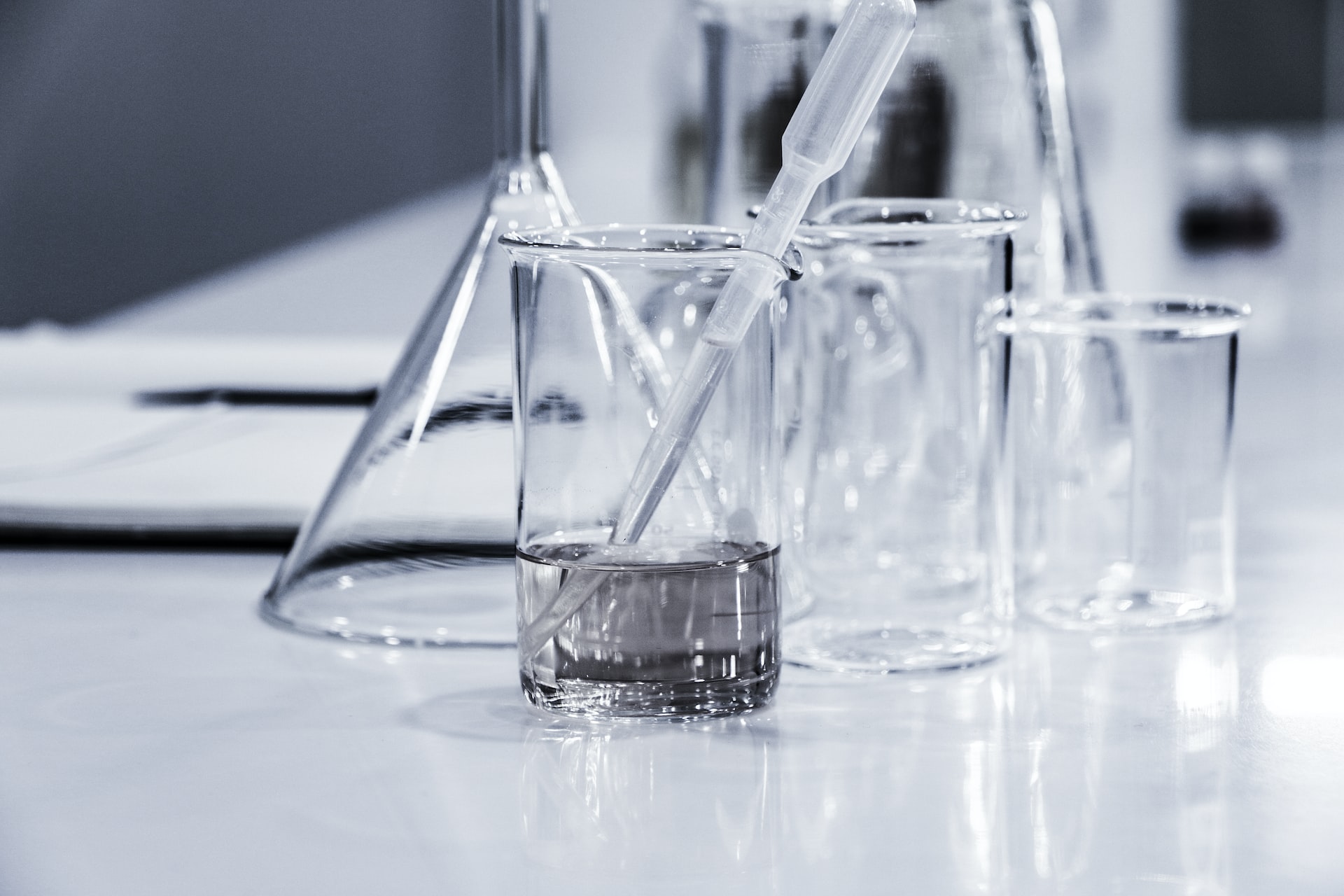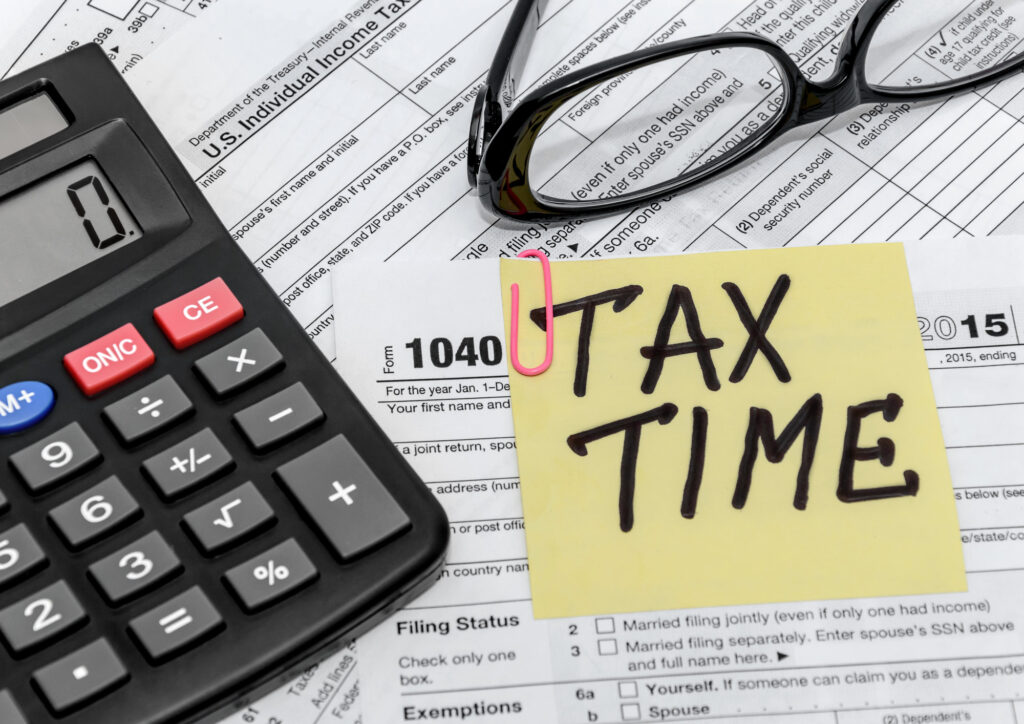Cleanliness is an essential aspect of pharmacy labs that should never be overlooked. All medical labs need to maintain a high level of cleanliness to provide healthcare services safely and effectively. During this article, we consider what we should think about in terms of keeping a pharmacy lab clean and discuss just what might compromise that situation.
As well, we will look to consider protocol and how this should be followed. Lastly, we shall think about certification and why that is important. We shall, for instance, consider the necessity of Pharmacy USP 797/800 Clean Room Certification to prove that we are keeping our lab clean and safe and meeting the rules and regulations concerning such an environment.
Things to Avoid in a Pharmacy Lab
This includes keeping the pharmacy lab free from any potential contaminants, such as dust, dirt, germs, or any other materials that could compromise the integrity of medications or patient care.
One way to support this cleanliness is through well-organized pharmacy shelving, which can help keep materials off work surfaces and reduce clutter that might otherwise collect contaminants. There should be nothing in the lab that does not need to be there. Then there is no chance of cross-contamination, As well, those working inside should be aware of the protective clothing to be worn and be well-read on the dangers of various chemicals and their combinations and the potential fire hazards. More on understanding the procedure to follow inside a lab in the next section.
Pharmacy data should be kept that is evidence a lab has been kept clean in case there is any kind of contamination outbreak. We would need to quickly be able to trace the source and the reason for it.
About Cleaning Protocols
Cleaning protocols must be strictly followed to ensure the safety and health of those who use the pharmacy lab both now and in the future. Such protocols include:
- Wearing appropriate protective clothing when handling pharmacy materials and equipment.
- Cleaning surfaces regularly with approved cleaning products.
- Disposing of waste safely and according to regulations.
- Labeling medications clearly and appropriately.
It is useful to have protocols so that everyone is clear on how they need to behave and what they should do in the name of cleanliness. Protocols lay rules out clearly and mean that they are more likely to be followed because it is stated rather than expected.
They will tend to be written down for all to see and displayed on the wall or be accessible to all that need to know them by way of a computer system. It is not something to get wrong because protocols are important to follow for the sake of everyone linked to the pharmacy lab’s services.
Certification Requirements
It is also important for pharmacy labs to be certified to provide medical services safely and securely. Certification requirements may vary depending on the pharmacy lab, but generally require that all of its staff are properly trained in pharmacy best practices, that they know how to clean and maintain pharmacy equipment and storeroom areas, as well as understand safety measures such as proper disposal of hazardous waste and personal protective equipment (PPE).
The pharmacy lab is a very important part of healthcare, as it is responsible for preparing, mixing, compounding, and storing medication. To ensure the safety of patients who are receiving these medications, pharmacy clean rooms must meet stringent regulations. One such regulation is USP 797/800 Clean Room Certification.
USP 797/800 Clean Room Certification ensures pharmacy clean rooms are free from potential contaminants, such as dust and dirt, as well as germs. This certification requires pharmacy staff to have full training in best practices and safety and to know about the proper disposal of all things hazardous. Staff should also be aware that cleanliness without a pharmacy lab needs to be maintained at all times.
By following such protocols, pharmacy labs can remain compliant with applicable regulations and ensure the safety and health of pharmacy staff, patients, and other medical professionals. It is also important to consider certification requirements when it comes to pharmacy labs as these are necessary for labs to provide the services that they do.





Leave a Reply
You must be logged in to post a comment.